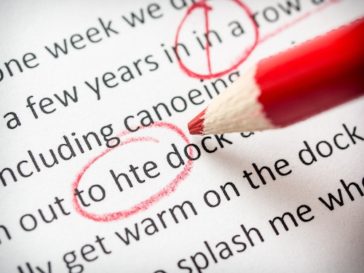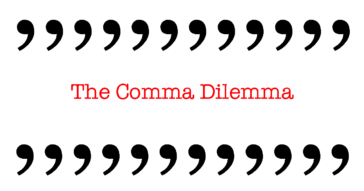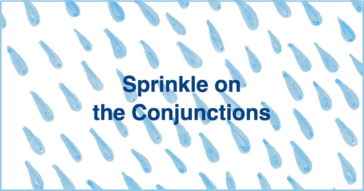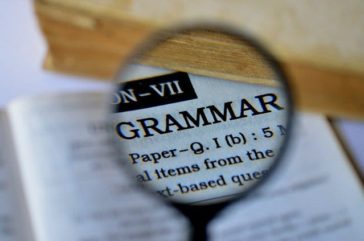Copyediting and Proofreading Your Own Work
Sending an editor really clean copy is a big plus. In the old days, clean copy meant it didn’t have any smudges or coffee splashes or penciled corrections. Now it means your manuscript has words spelled correctly, capital letters and punctuation used properly, paragraphing is appropriate, and apostrophes are in the right places. One editor I sent articles to regularly said my copy was the cleanest of any he received. If my memory is not too fuzzy, he changed a … Read More »





